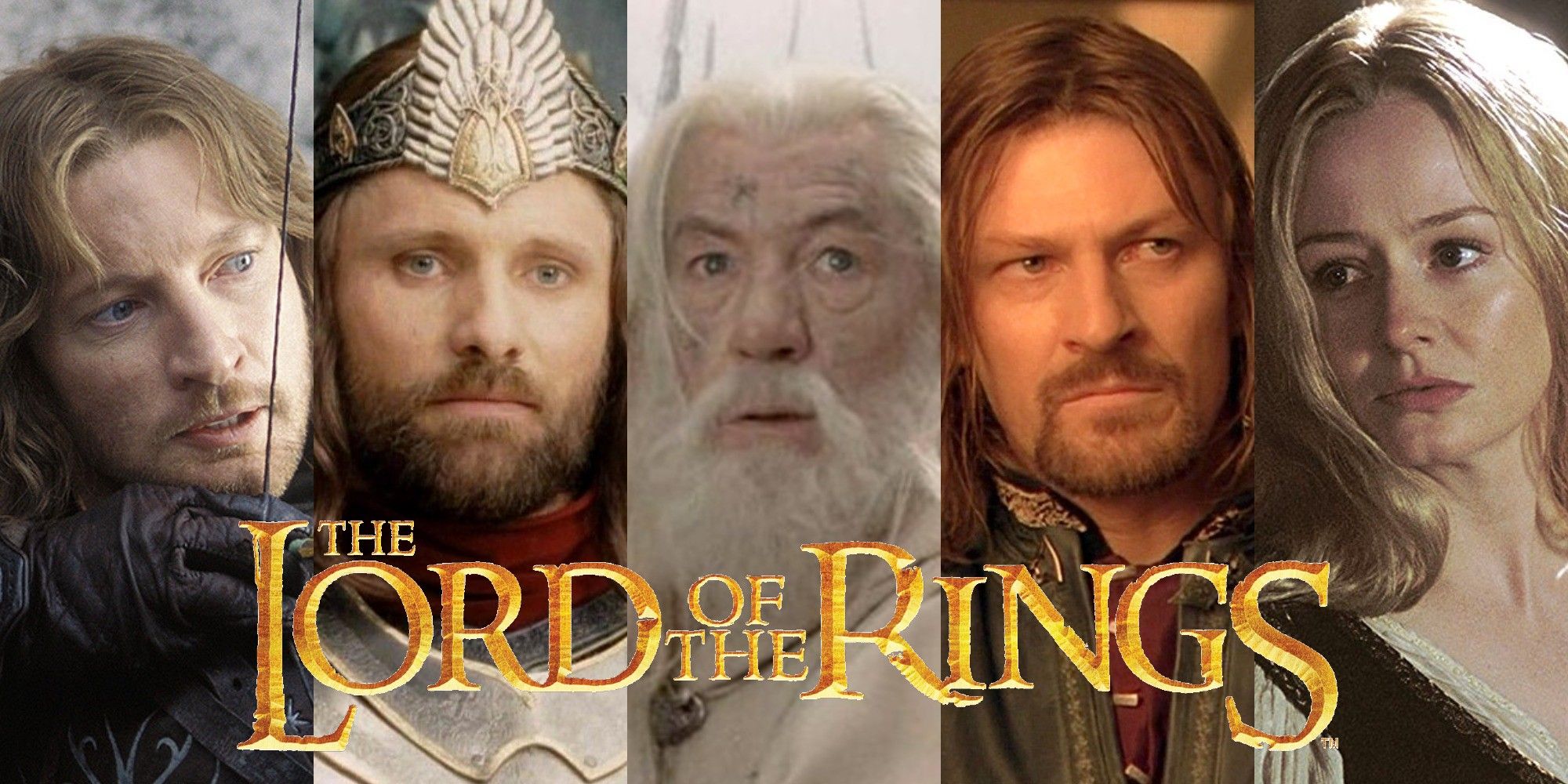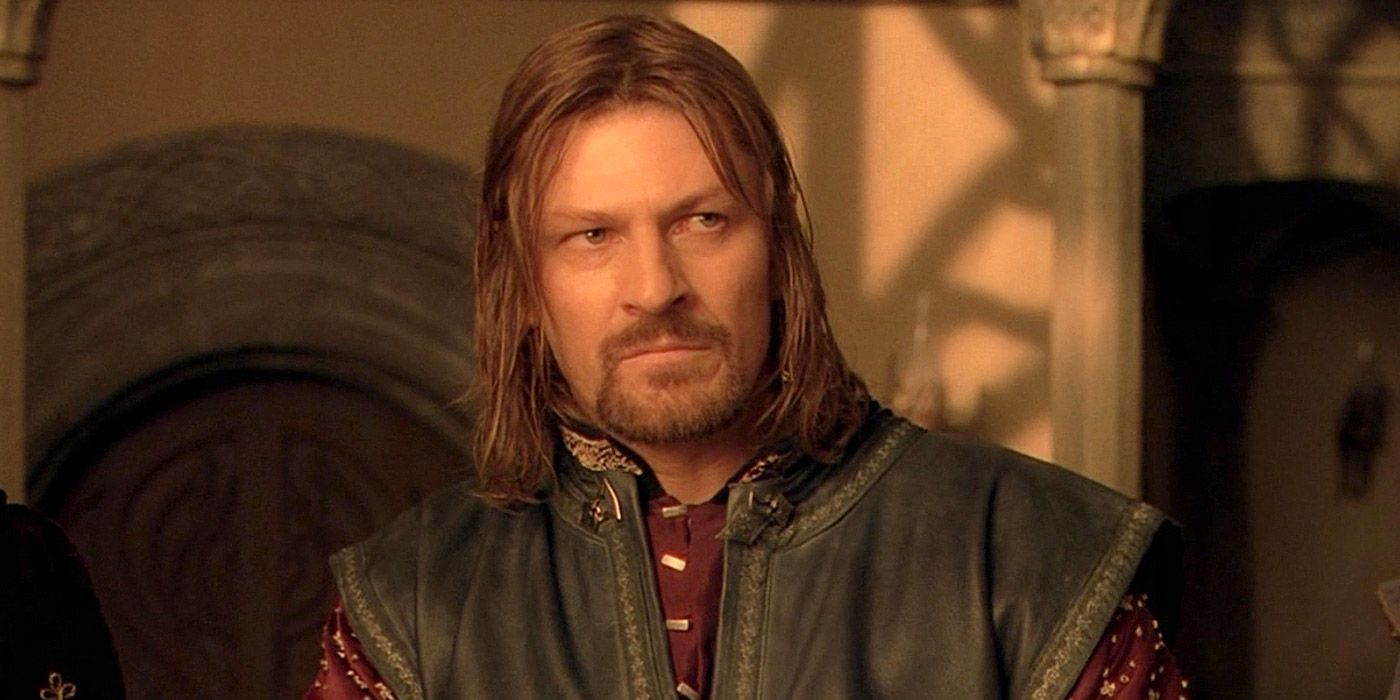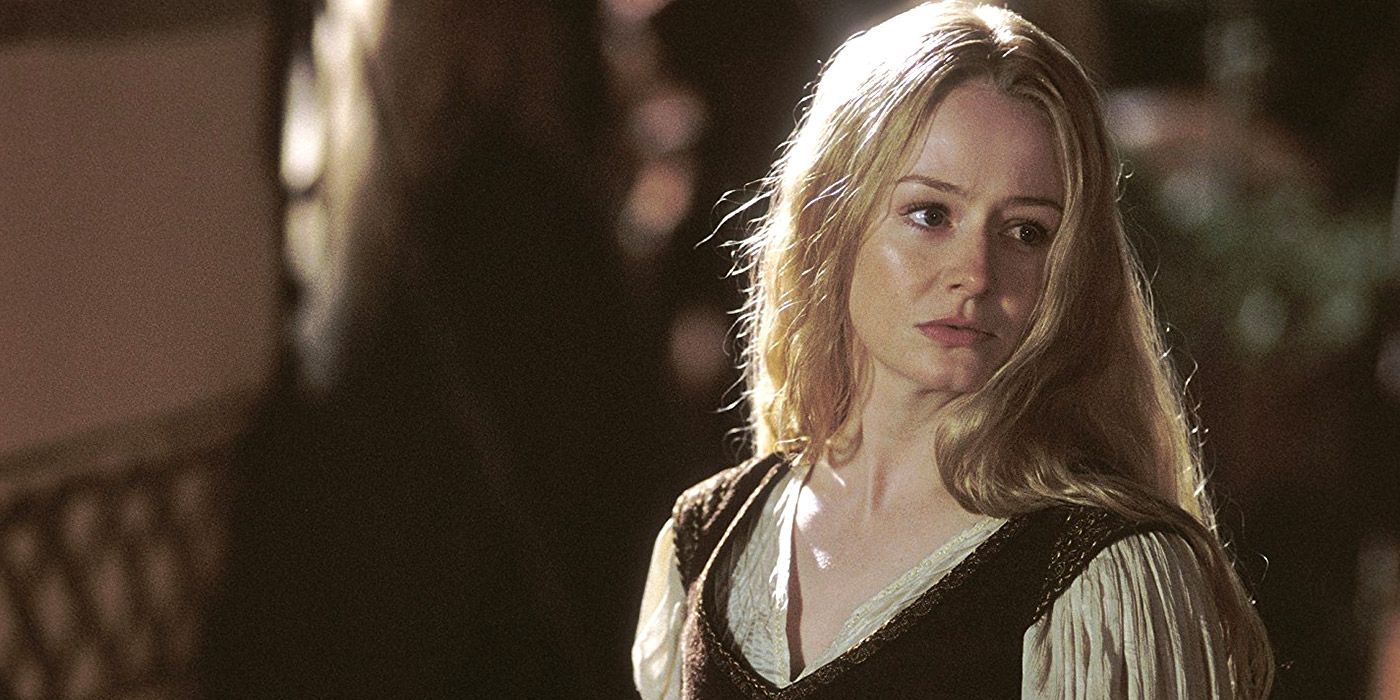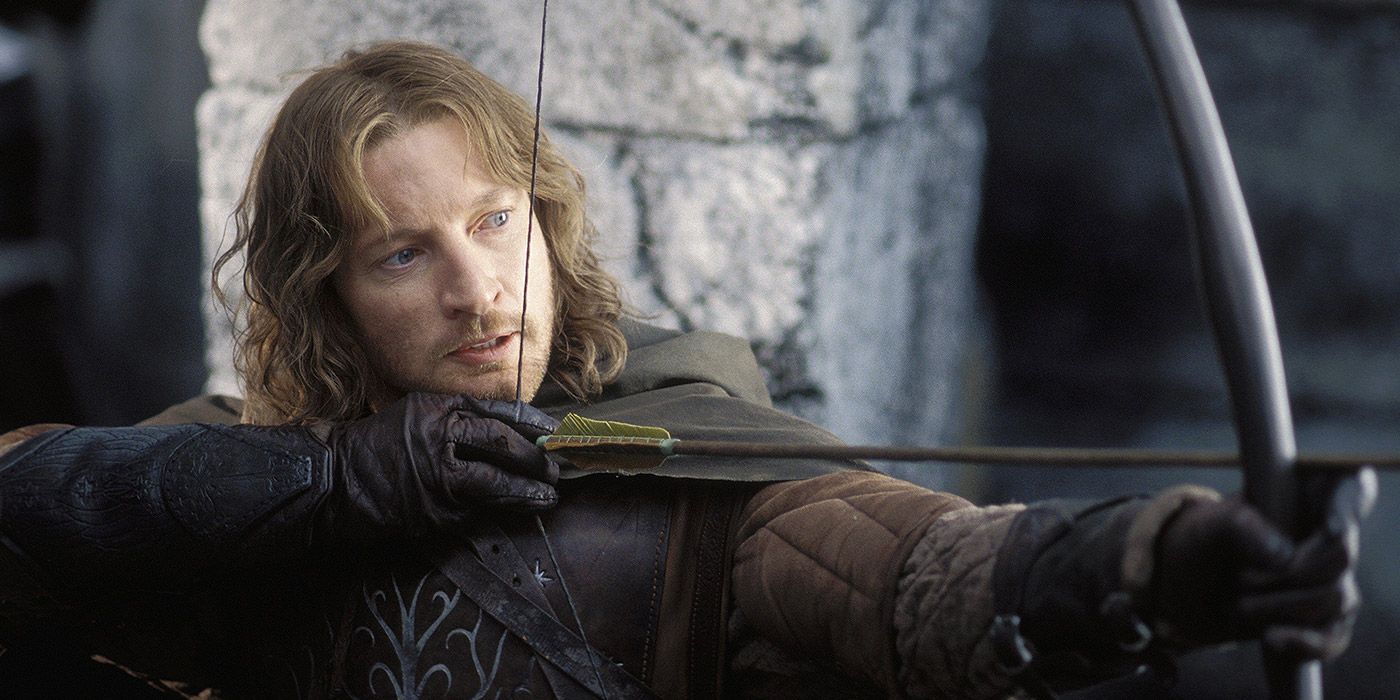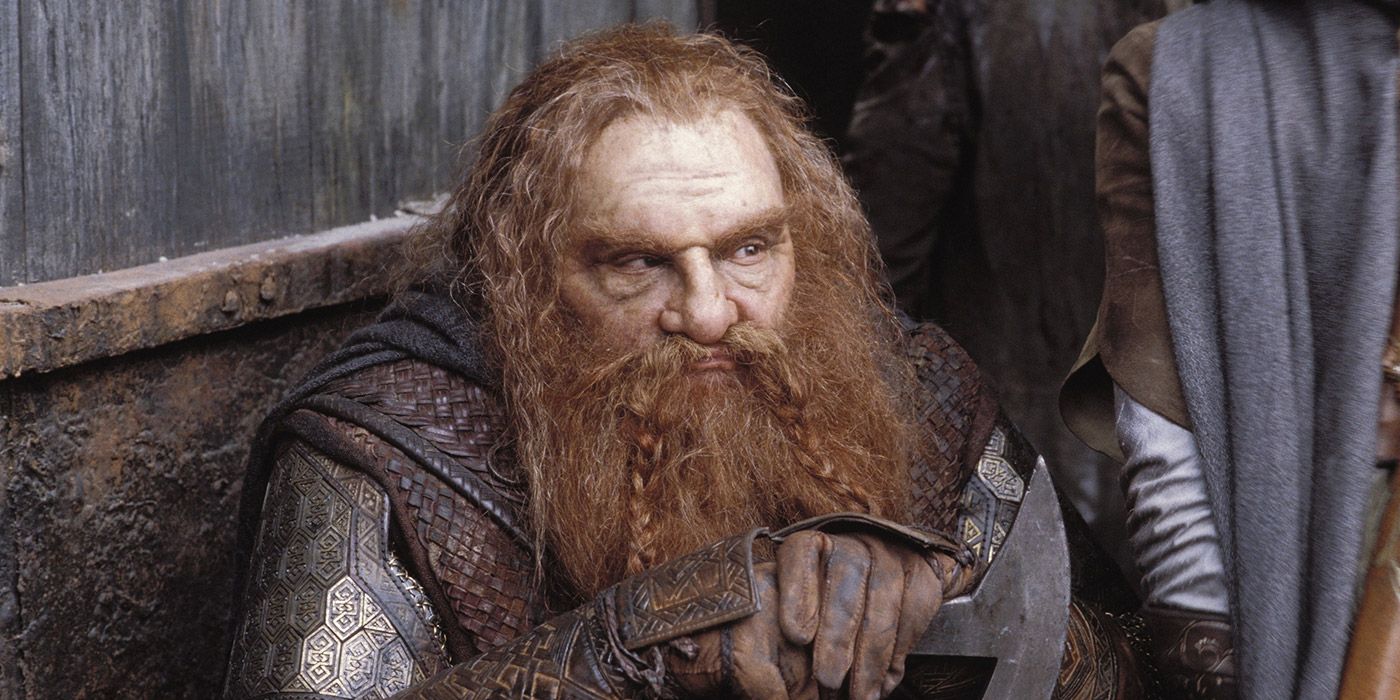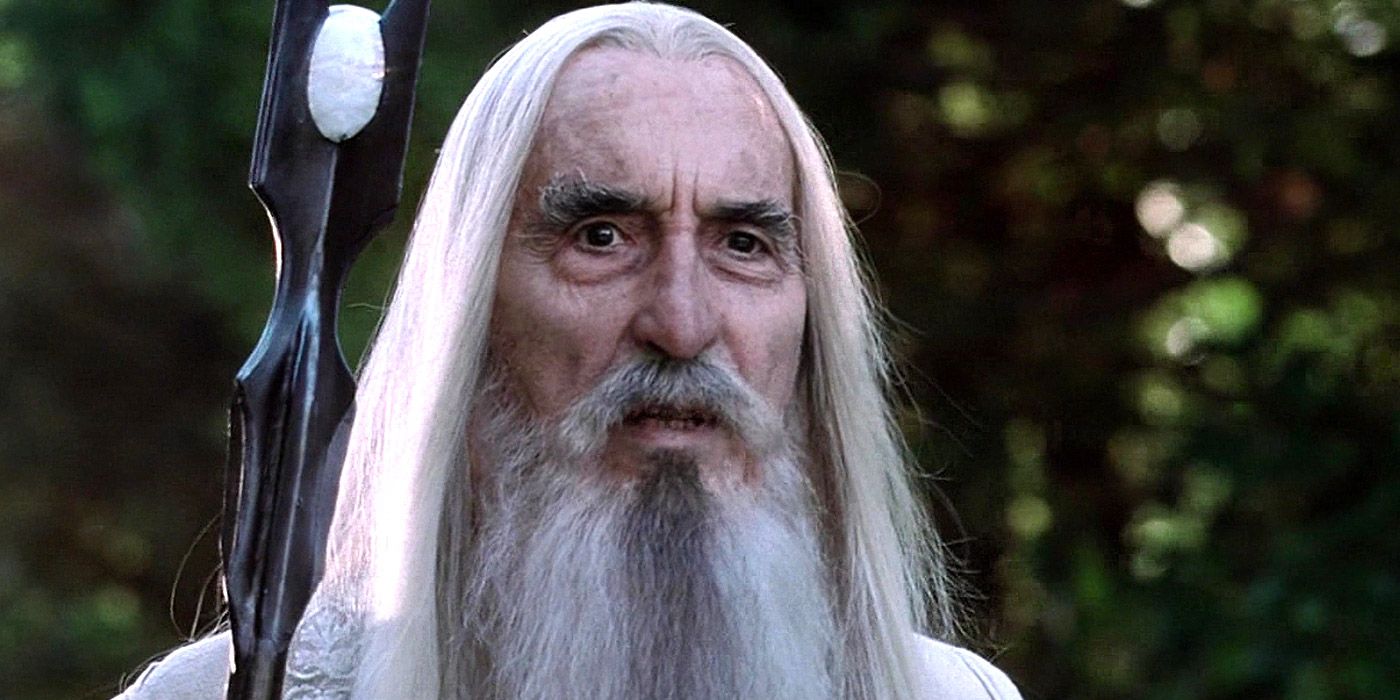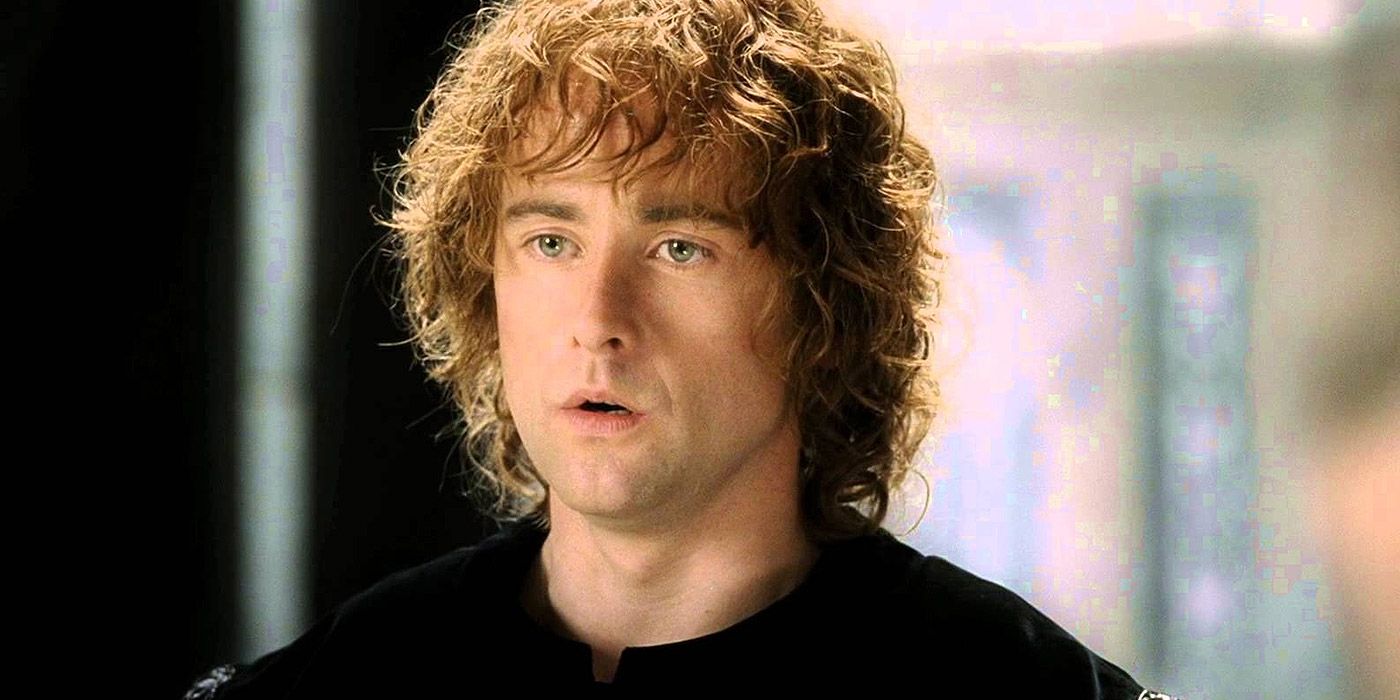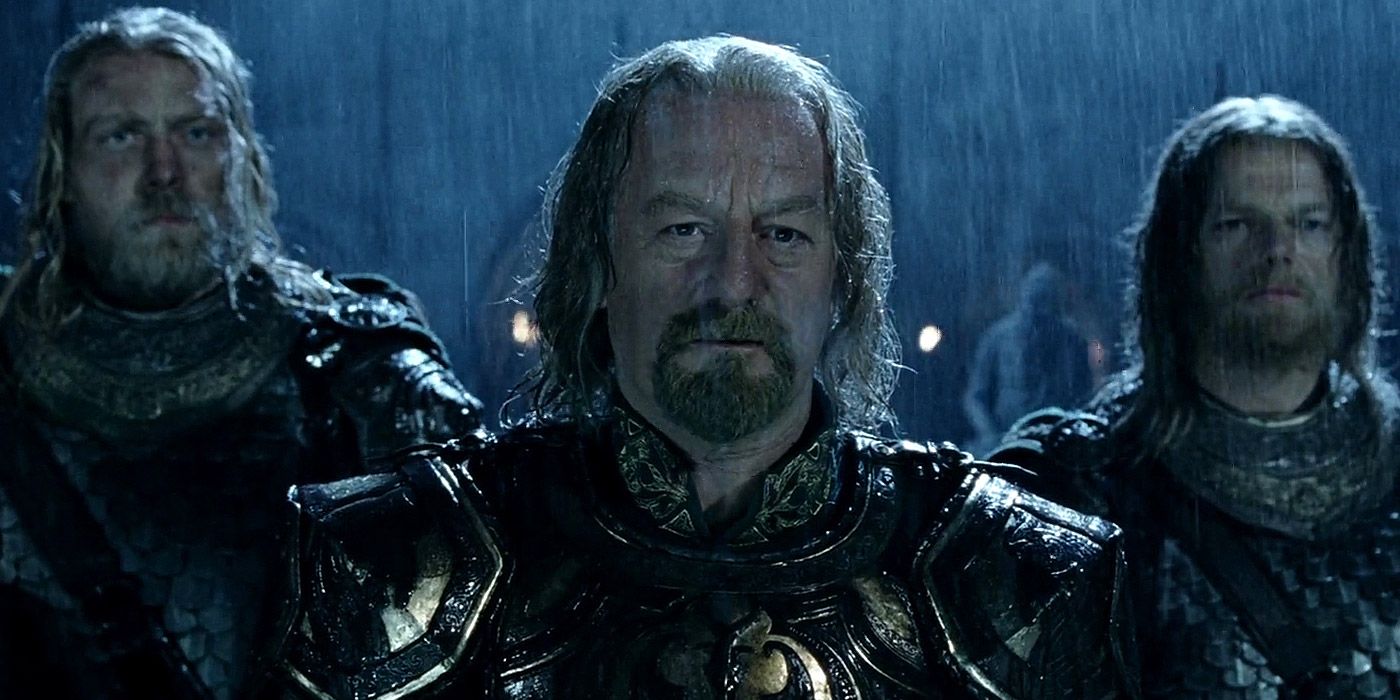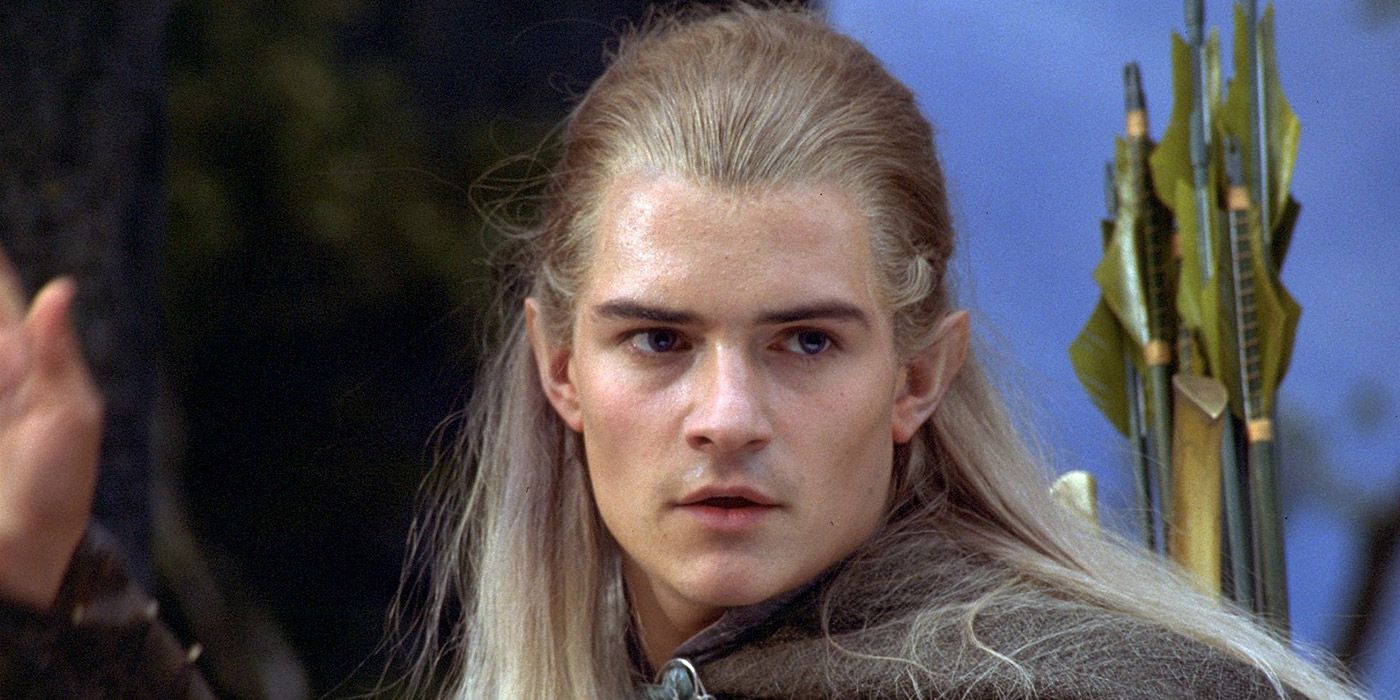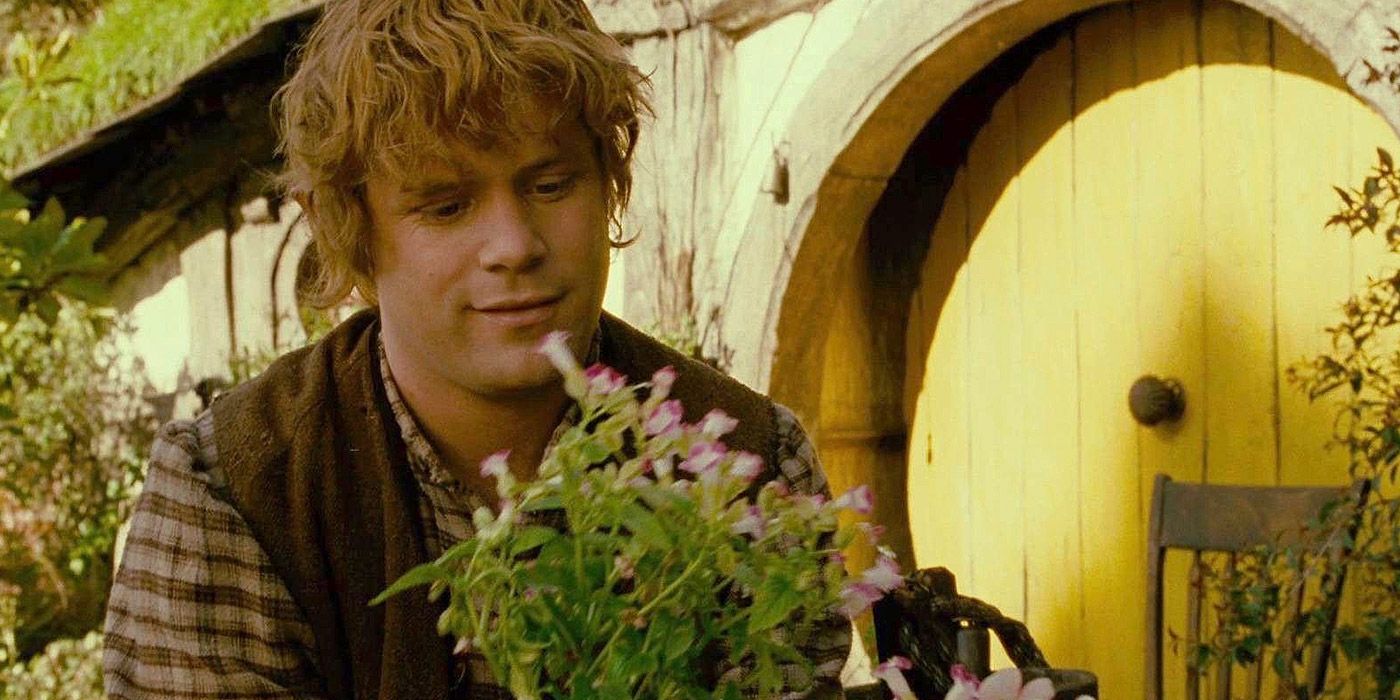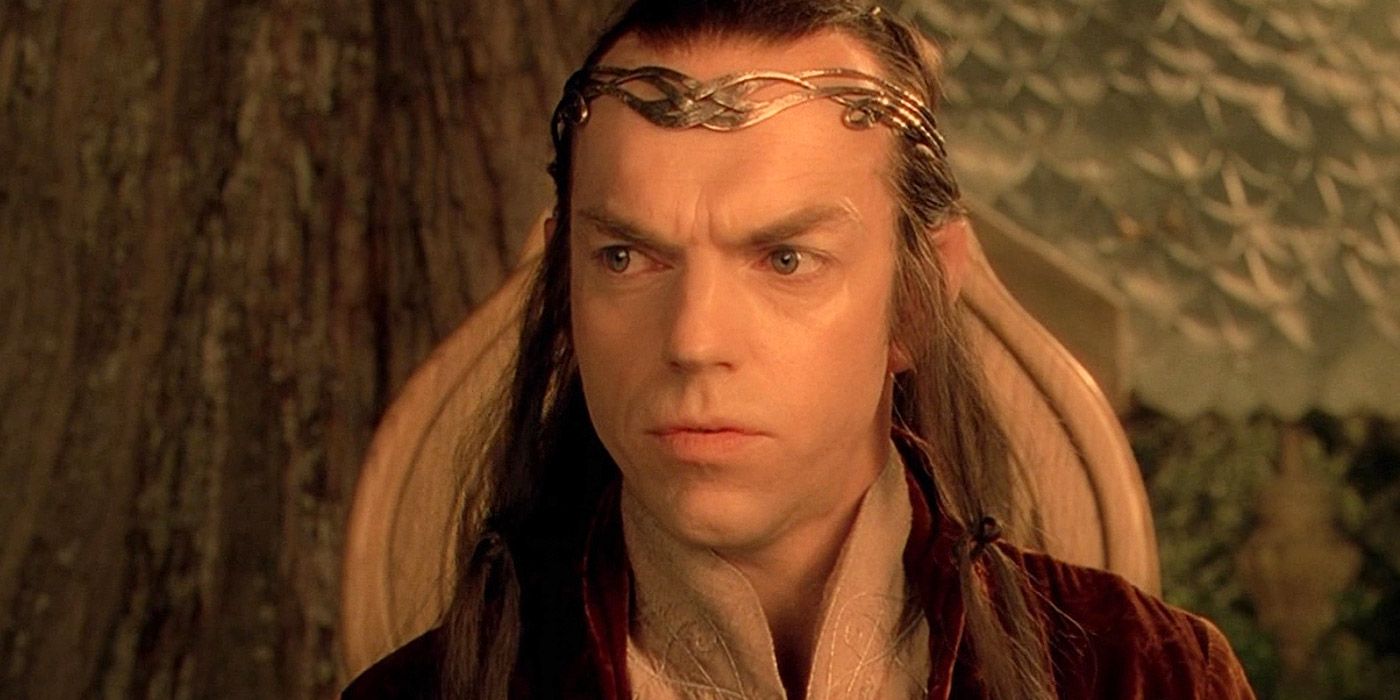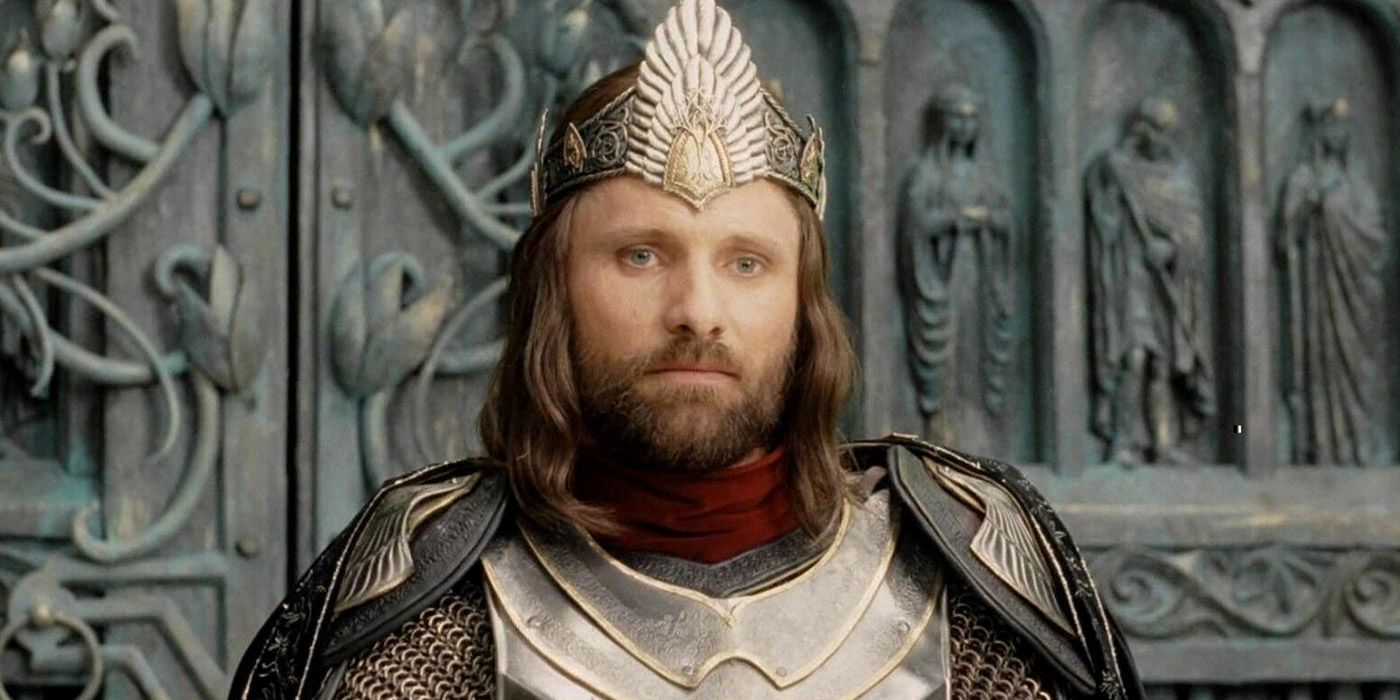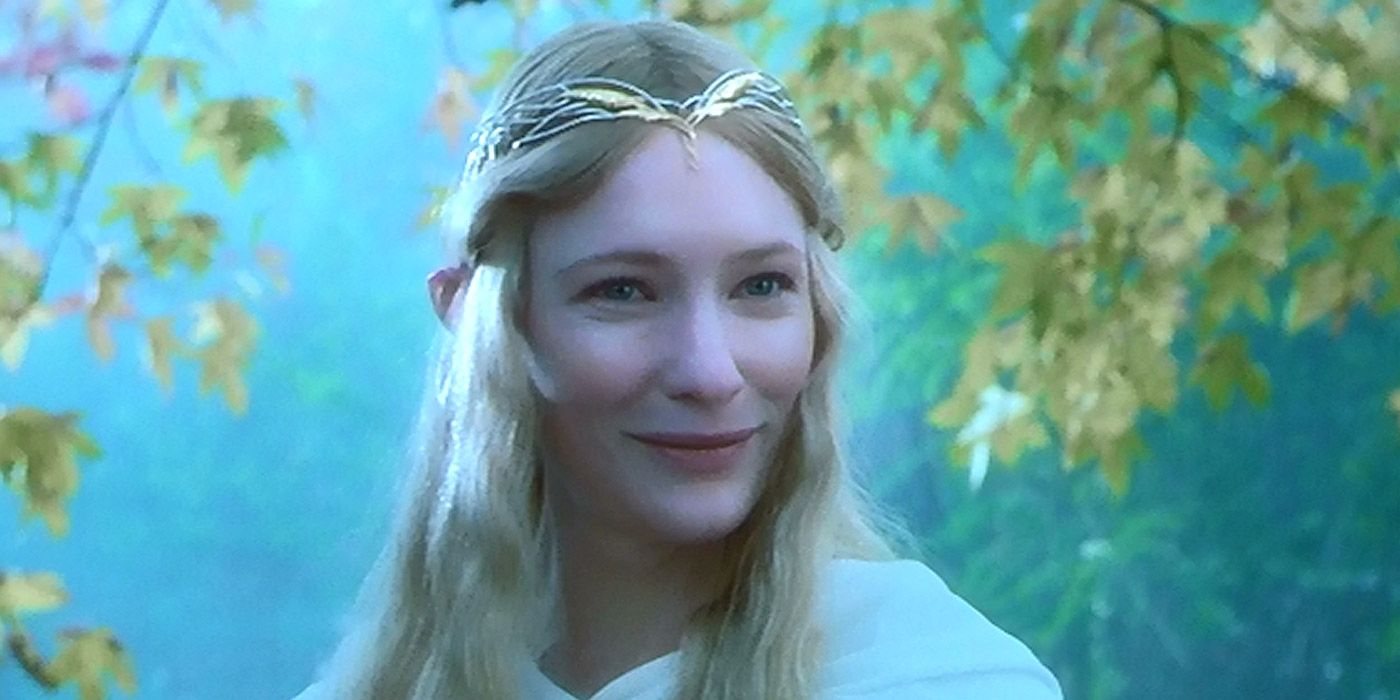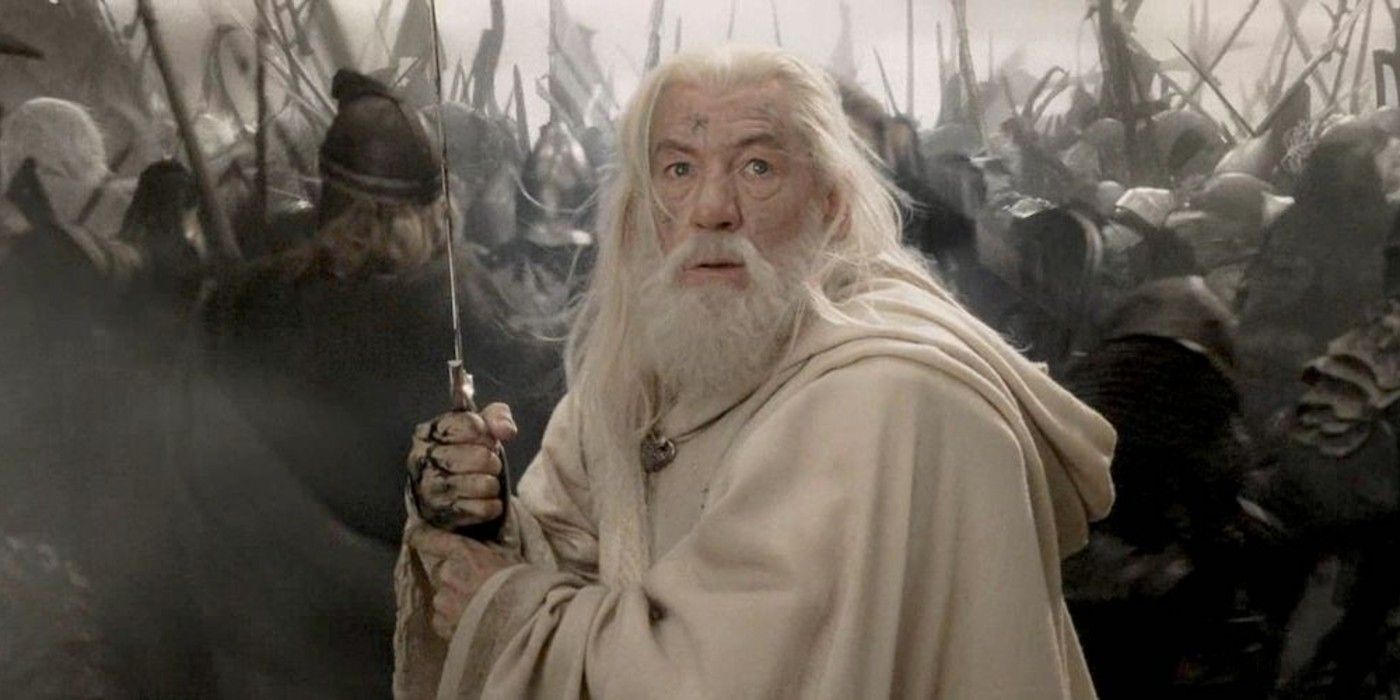The Myers-Briggs® Personality Test is a fun and inventive way of diving into the psyches of characters from popular culture. It's also a way of shedding more light on the reasons particular characters make certain decisions throughout the course of a story, whether they're stalwart heroes or insidious villains.
When J.R.R. Tolkien wrote Lord of the Rings, he concentrated heavily on a number of strong and traditional archetypes. These alone don't make them who they are, but their actions and choices throughout the story can easily be broken down by referencing the Myers-Briggs® system.
Updated on August 2nd, 2021 by Derek Draven: Whether it's a wise wizard corrupted by the temptation of power, a dwarf who loves to fight as much as celebrate, or a Hobbit relying on his own idealism to get him through the worst time of his life, there's a Myers-Briggs® type for every LOTR character and the most important ones practically demand that their personalities be analyzed.
Arwen - ENFP (The Champion)
Arwen easily fits into the Champion role, frequently breaking out of her rigid duties in order to steer characters onto the path of right. She was also relentless in the pursuit of her goal of being with Aragorn, regardless of losing her immortality as a consequence.
When Elrond expressed reluctance to get involved in the final war against Mordor, Arwen managed to persuade him to have a change of heart. All of these traits amount to an incredibly inspirational character who wasn't afraid of breaking tradition, not to mention risking her life, to stand up for what she believed in.
Boromir - ISFJ (The Protector)
Boromir is well known for his now-legendary meme status, but he's best known for his corruption by the One Ring, but that's an unfair assessment. In reality, he was a strong and capable leader, and a soldier devoted to protecting his people and those he cared about. In fact, of all his fears, the inability to protect the citizens of Gondor was one of his worst.
It was these fears that would allow him to become corrupted by the Ring, which is the real tragedy. Protectors want to be seen as reliable, noble and trustworthy, and Boromir was no exception. Unfortunately, he became more paranoid that he wasn't living up to these expectations, due entirely to his own actions.
Éowyn - ISTP (The Crafter)
Éowyn had a challenging life throughout the events of The Lord of the Rings. Not only did she lose her father and mother, but she lost her cousin, as well. She endured in sorrow, only to watch her beloved uncle lose his mind and essence to Saruman's mind control. To top it all off, she was forced to stand by while her brother was banished from Rohan.
She was also not happy about the fact that she could not pick up a sword and fight alongside her kin for the sake of her country. As a Crafter, however, Éowyn soon found ingenious and creative methods for getting around this cultural hurdle and helping to save the day against Mordor's forces at the Battle of Minas Tirith.
Faramir - ESTJ (The Supervisor)
Faramir was very much like his older brother Boromir but was far less interested in putting himself out there as the face of a leader. He did his job, kept his head down, and remained humble in the face of it, despite his high stature within Gondor's army. Supervisors are known for pursuing their work in a methodical and systematic manner, which is very much like Faramir.
They're also dedicated organizers who value the concepts of predictability and efficiency over all else. When Osgiliath was overwhelmed by Mordor's forces, Faramir didn't hesitate to order a strategic retreat, whereas his father Denethor would have sacrificed every man stationed there out of spite.
Gimli - ESTP (The Dynamo)
At first glance, Gimli appears to be too impulsive to have a Dynamo's personality, but that's not quite the case. Yes, he frequently said and did things that were rash, but they had a logical purpose behind them. Dynamos tend to assess situations very fast and come up with immediate solutions, which is why he didn't think twice before trying to destroy the One Ring with his axe at the Council of Elrond.
This trait may have gotten him into trouble on many occasions, but it also helped turn him into one of the greatest warriors in the Lord of the Rings franchise. Dynamos are also the life of the party, and their sense of humor is unbridled. This, of course, fits Gimli perfectly, especially when there's alcohol involved.
Saruman - ISTJ (The Inspector)
Saruman kept himself away from the world without permanently isolating himself, which is the mark of an Inspector type. He had a large role to play in the affairs of Middle Earth, often giving council, or taking decisive action when it came to important matters related to foreign and domestic issues.
Although the white wizard would fall to Sauron's temptations, the traits of the Inspector still lingered. Saruman sought to enforce order through systems and institutions, he valued precision and procedure, and he yearned to implement social order - all noble Inspector traits that were amplified and distorted by his own evil ambitions.
Pippin - ESFP (The Performer)
Pippin went through a fascinating character arc in The Lord of the Rings, switching from a class clown to Guard of the Citadel, based purely on being sobered by the seriousness of his quest. All of these traits are why he would be classified as a Performer or ESFP.
Performers are described as fun-loving, warm, enthusiastic, talkative, tactful, curious, and supportive. Ironically, these traits are what irritated Gandalf the most, even if he secretly held a fondness for the young lad. Even though Pippin became more than he was at the start, he never lost what made him so lovable in the first place.
Théoden - ENTJ (The Commander)
Strong-willed, logical, outspoken, and a great leader, Théoden can best be summed as a Commander, and the reasons are plenty. He wasn't the best King or leader in the series, but what he lacked in wisdom, he more than made up for with conviction, courage, and a strong moral compass.
Théoden was a stubborn King, but he always had the best interests of his people at heart. This is one of the reasons why Sauron and Saruman were so keen on controlling him. In the end, this dedication to the principles of goodness is what led him to answer Gondor's call for help, despite Gondor refusing to do the same in the past.
Legolas - ISFP (The Composer)
Legolas would be classified as a Composer under the Myers-Briggs® Personality Test, and a lot of the traits of this type are native not just to him, but to Elven-kind across the spectrum. Composers are described as empathetic, spontaneous, loyal, talented improvisers, and one with nature. Although some Elves are less sanguine about qualities like kindness or tolerance, they almost always fit the majority.
Aside from Legolas' loyalty, his spontaneity and talent for improvisation were displayed many times throughout the film series. This is particularly true during battle sequences when he found creative ways of taking out his enemies, which is one of several major differences between the film and novel versions of the character.
Sam - ENFP (The Champion)
It's obvious that Sam was born with the ENFP Champion mindset, and that's evident in how he relates to those he cares most about. Champions are artistic by nature, which goes along with Sam's love of gardening. To him, it's not just a job, but an art form, and a way by which he can express his fondness for all things "good and green."
Sam is also enthusiastic about people and their activities, and he displays nothing but loyalty, compassion, and warmth towards his friends and family. He's an idealist by nature, even when things are at their worst. It's these traits that allowed Sam to push Frodo far beyond his limits for the sake of what they both thought was worth fighting for.
Elrond - INTJ (The Mastermind)
Elrond would definitely be categorized as a Strategist under the Myers-Briggs® Test. It was he who initially led the creation of the plan to destroy the One Ring in the fires of Mount Doom. He's also the man who helps turn the tide of the war by heeding his daughter's confidence and pushing Aragorn to recruit the Dead Army.
Strategists are described as aloof, competent, firm, analytical, logical, and very organized. All of these traits are exactly how Tolkien wrote the character, and how Hugo Weaving portrayed him on the big screen. It's easy to spot the INTJ's tendency to put logic before emotion, especially in his relationship with his daughter Arwen.
Aragorn - ISTJ (The Inspector)
Aragorn easily falls into the Inspector role, which is described as practical and logical. It was these traits that caused Aragorn to avoid his role as the King of Gondor for so long, as he firmly believed he would not be a good fit for the role due to the compromised history of his bloodline.
Inspectors are also loyal, honest, careful, calm, and steadfast - all traits Aragorn demonstrated consistently throughout the series. Even during the most stressful of situations, Aragorn stayed true to his duties, while remaining even-tempered and focused. Further, his protectiveness over his Hobbit friends is self-evident.
Galadriel - INFJ (The Counselor)
Galadriel is easily one of the most fascinating and imposing characters in all of Tolkien's works. Part of her powerful presence is an old soul within a brilliant form, and charisma unmatched. Her status as both a guide and a mentor to multiple characters in the series easily fits her into the Counselor role.
These individuals are described as being devoted, deep, reserved, innovative, motivational, intense, and insightful. Galadriel exhibits all of these qualities in the films, sometimes to the point of frightening others with her unbridled power and force of will. Without her, it's quite possible the quest would have come to a grinding halt in short order.
Gandalf - INTP (The Architect)
The Architect title sums up much of Gandalf's character. They're described as private, independent, adaptive, unpredictable, focused, skeptical, and intelligent. All of these traits absolutely suit Gandalf, as well as other wizards like Radagast the Brown. Gandalf looked for the deeper meaning in things, and his philosophy helped shape his own actions and those of his friends.
Gandalf spent a great deal of time pursuing knowledge, and it paid off by allowing him to impart wisdom to his comrades, as evidenced by his best quotes. He also played his cards close to his chest more often than not. Architects tend to have a greater understanding of human nature than most, which is why Gandalf was such an effective judge of character.
Frodo - INFP (The Healer)
Frodo Baggins would best be described as a Healer, even if that took a turn for the worse in the third film. This personality type is governed by a sense of boundless idealism, a dedication to truth and honesty, and an unyielding sense of compassion towards others. This was best demonstrated by how non-judgmental he was towards other characters, be they a friend or stranger.
Additionally, Frodo's virtuous and idealistic perspectives are also what make him an INFP. His dream of ridding himself of the Ring and returning home to The Shire is what got him to the end - with a little help from Sam. His idealism would give way to pragmatism by the time the story ends, but the elements of what made the character who he is largely remain.

